Exhibitions
2024
“Arboretum at SCAD” - Savannah, Georgia, USA “Arboretum – Ebb & Flow” - Nature Morte, Mumbai2023
“Prussian Blue – Aftermath” - KNMA, Noida “Arboretum” - Nature Morte, Dhanmill, New Delhi2022
“Kochi-Muziris Biennale” - Kochi, Kerala “Pop South Asia” - Sharjah, United Arab Emirates “The Game Play – Weeping Farm + NetZero 2030” - New Delhi “Bread Winner @ 5th Biennial Contemporary Art” - Mardin, Turkey2021
“Verbal Kabaddi VII” – Waltham Forest Council - Waltham Forest Council “Conjecture” - Nature Morte, New Delhi “Farmer is a Wrestler, Lexicon of Distress” - Art at a Time Like This2020
“Kisan Mukti March” - After Hope, Asian Art Museum “Alchemist(s)” - Pearl Lam Galleries, Hong Kong “How to reappear: Through the quivering leaves of independent publishing” - MMAG Foundation for Art & Culture, Jordan
“How to Maneuver: Shape-shifting texts and other publishing tactics” - Warehouse421, Abu Dhabi “The Sundry Effect” - Bikaner House, New Delhi2019
“Bread, Circuses and I” - Nature Morte, New Delhi “Table Manners” - Palace of Independence, Astana, Kazakhstan “Lullament²” - Ludwigsburg Kunstverein, Germany “Match Fixed/ Fixed Match” - Le Tripostal, Lille, France “Double Bounce” - Pearl Lam Galleries, Singapore “Bread, Circuses & TBD” - Yorkshire Sculpture Park, United Kingdom “Farmer is a Wrestler” - Punjab Lalit Kala Akademi, Chandigarh “Lullaments” - Stir Gallery, New Delhi2018
“Collection Bureau” - IAF, New Delhi “Breaking Ground” - India Ceramics Triennale, Jawahar Kala Jendra, Jaipur “Somnium Seminibus II” - DIP Contemporary Art, Switzerland “Escape: ‘A playground of ephemerality’-Vision Exchange” - Art Gallery of Alberta, Canada “The Sculpture Park” - at Madhavendra Palace, Nahargarh Fort, Jaipur - Nature Morte2017
“Set Point_Laughing in the Vernacular” NGMA - Sakshi Gallery – Mumbai “Play, Pray” - Bikaner House, New Delhi “Bread, Circuses & You” - Art Fair, Dubai “Bread, Circuses & Wifi” - Pearl Lam Gallery, Hong Kong2016
“Walk of Life” - Level 01 - Khoj International Artists Association, Delhi
(Water) - Climate Control, The Manchester Museum, Manchester
Fed @ KCAD Galleries, Michigan “Memoir Bar” - Chatterjee & Lal, Mumbai
ABWAB - The Emotional Pavilion - Dubai Design Week, Dubai
FICA/IAF, New Delhi2015
“Walk of Life” - Of Games Residencies III - Khoj International Artists Association,
New Delhi “Games People Play” - Bhau Daji Lad Museum, Mumbai “Q : The Lighthouse” - Nature Morte, New Delhi2014
“Sparsha” - Touching the Senses, Ritual and Contemporary Indian Art”- Kunstmuseum,
Bochum2013
“Longing for Tomorrow II” - Meissen Porcelain, Residence of the German Ambassador to India, New Delhi “Q” - Famous Studios, Nature Morte, Mumbai “Windows of Opportunity” - Art Plural, Singapore2012
“Longing for Tomorrow” - Nature Morte, Berlin
“Nosturistic” - Hilger Contemporary, Vienna “Escape” - India Today Arken Museum of Modern Art, Denmark2011
“The Beautiful Game” - Thukral & Tagra Foundation - Project Booth, Art Summit,
New Delhi “Put It On, Again!” - Nature Morte, New Delhi “Escaped!… While I Was Cooking?” – Samtidigt (Concurrent) - Helsinki Art Museum, Finland
“Maximum India” - Kennedy Center, Washington DC “Indian Highway IV” - Lyon Museum of Contemporary Art, France “Paris Delhi Bombay” - Centre Georges Pompidou, Paris “Indian Highway” - Maxxi Museum, Rome “Future Pass” - Venice Biennale and Wereld Museum, Rotterdam “Science Mystery Magic” - BTAP Gallery and Tokyo Art Fair, Tokyo “Asianart: Sustain” - Nature Morte, Berlin “The Matter Within” - Yerba Buena Center for the Arts, San Francisco “German Return” - Nature Morte, Gurgaon2010
“Bosedk Project” - Richmond Art Gallery, Vancouver “Low-Tech Family Vacations” - Singapore Tyler Print Institute, Singapore “Middle Class Dreams” - Arario Gallery, Seoul “Escaped!… While I Was Cooking?” – Samdigit - Gallery 5, Kulturhuset, Stockholm “Match Fixed/Fixed Match” - Ullens Center for Contemporary Art, Beijing “Inside India” - Palazzo Saluzzo di Paesana, Turin “Urban Manners 2” - SESC Pompie, Sao Paulo “PEHNO – Put it On” - Khoj-in-Context- Public Art.Ecology, New Delhi “Khoj-in-Context” - Public Art.Ecology, New Delhi2009
“Hi! I am INDIA” - Escape for the Dream Land - Asia Pacific Triennial of Contemporary Arts 06, Queensland Art Gallery, Brisbane “Escape for the Dream Land” - Asia Pacific Triennial of Contemporary Arts 06, Queensland Art Gallery, Brisbane “Chalo! India: A New Era of Indian Art” - National Museum of Contemporary Art, Seoul; Essl Museum, Vienna “Thukral & Tagra, 315 Sector 23, Opp Bosedk Mall” - Gallery Barry Keldoulis, Sydney “Nouveau Riche” - Nature Morte, Berlin2008
“Imaginery Realities” - Max Wigram Gallery, London “Make Art Stop AIDS” - UCLA Fowler Museum, Los Angeles “Chalo! India: A New Era of Indian Art” - Mori Art Museum, Tokyo “The Audience & the Eavesdropper” - Phillips de Pury, London and New York “Somnium Genero Cafe” - Tokyo Art Fair, Tokyo “Somnium Genero 02” - Gallery Barry Keldoulis, Sydney “New Improved Bosedk” - Chatterjee and Lal, Mumbai2007
“PINK” - Galerie Mirchandani + Steinruecke, Mumbai “New Delhi New Wave” - Marella Gallery, Milan “Animamix Biennial” - The Museum of Contemporary Art, Shanghai “Everyday Bosedk” - Nature Morte, New Delhi “Put it On” - Bose Pacia, New York “Adolescere-Domus” - Art Statements, Art Basel 38, Nature2006
“Global Edit 06” - Armani Casa, Wallpaper Magazine, Milan “Vector Classics” - Alliance Francaise, New Delhi “Vector Classics” - Jehangir Nicholson Gallery, NCPA, Mumbai2005
“Art which is around and behind” - Nature Morte, New Delhi
“Iconography” - Nature Morte, New Delhi2004
“Visual Dialogue” - Hype Gallery, London

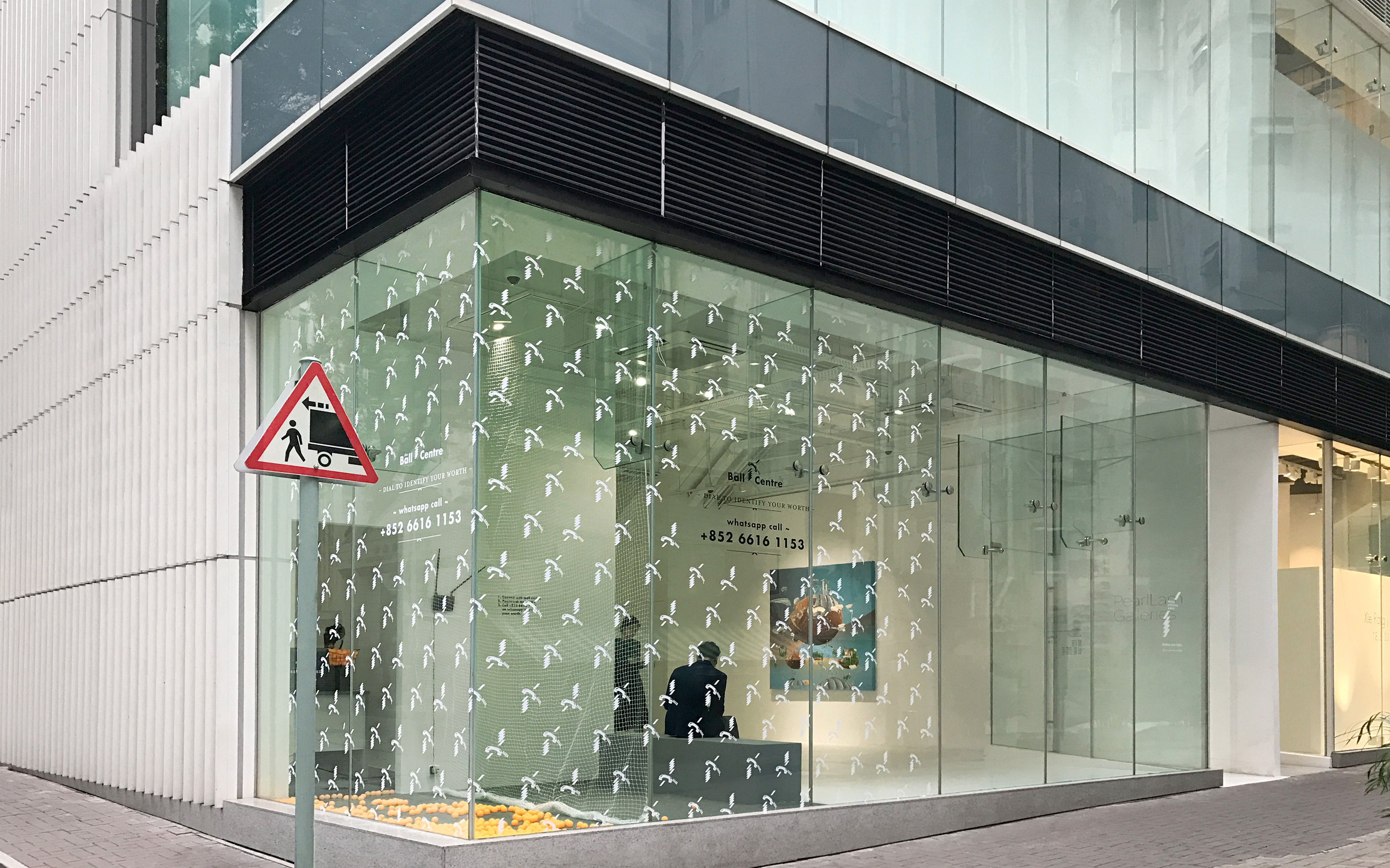
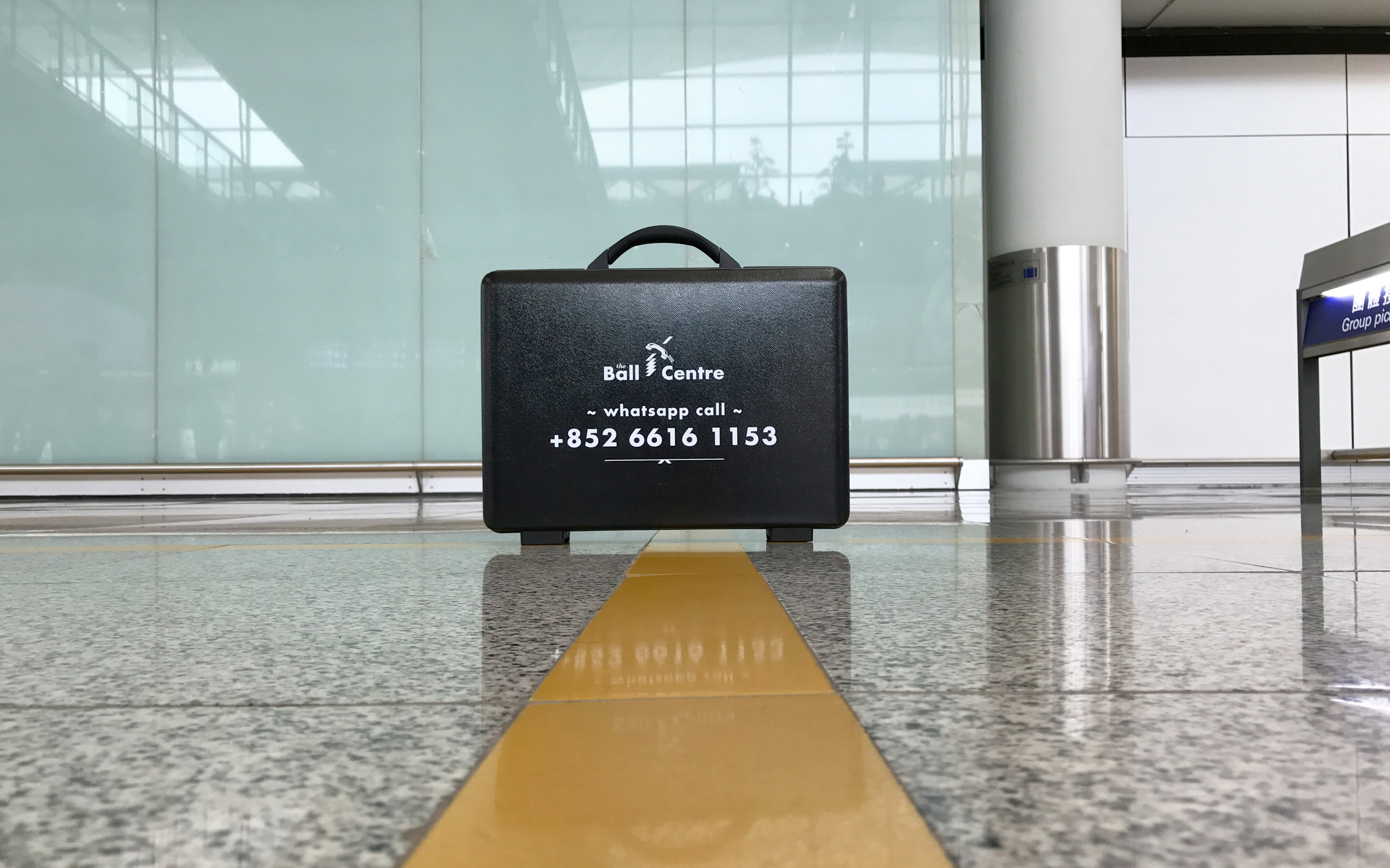
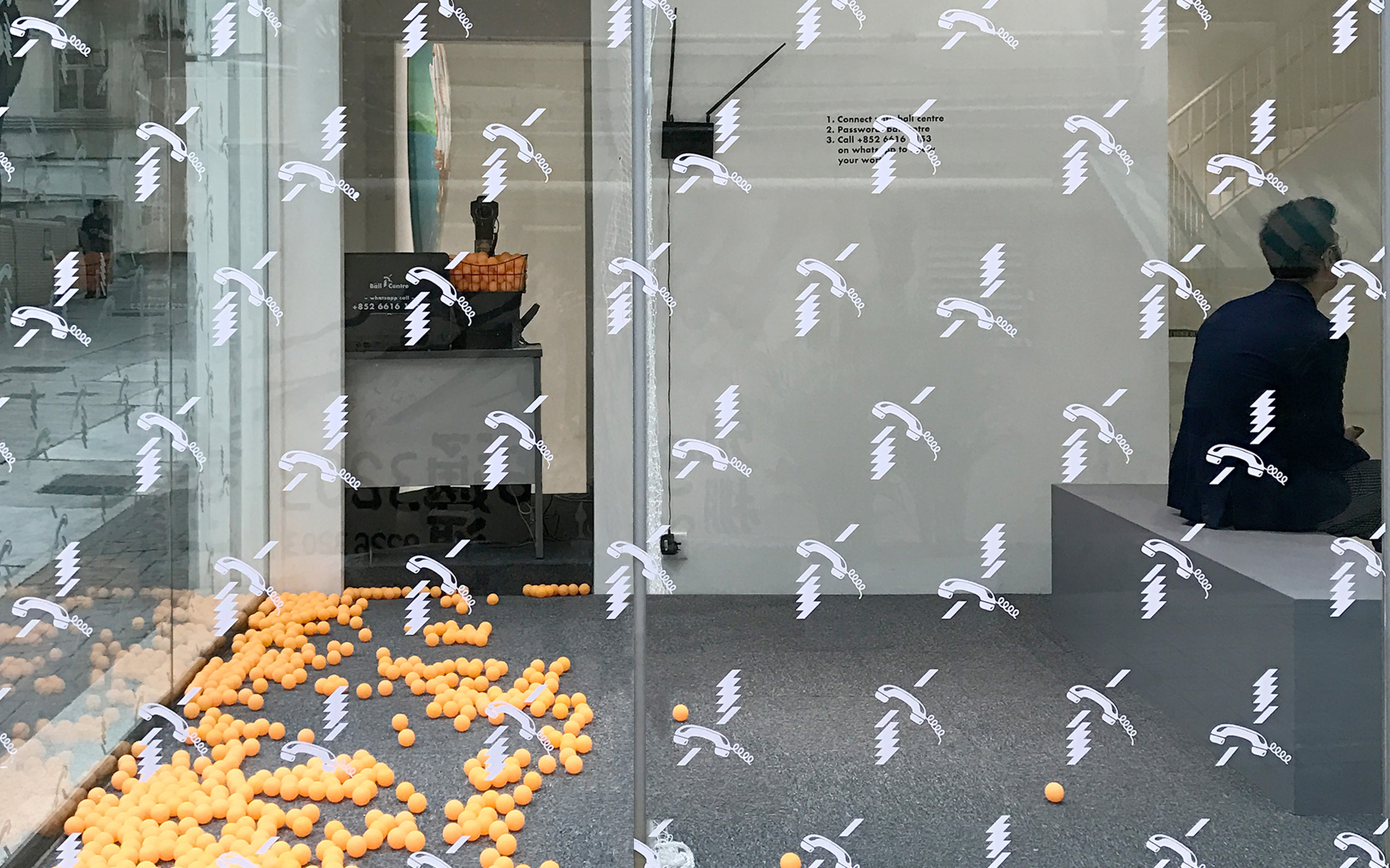
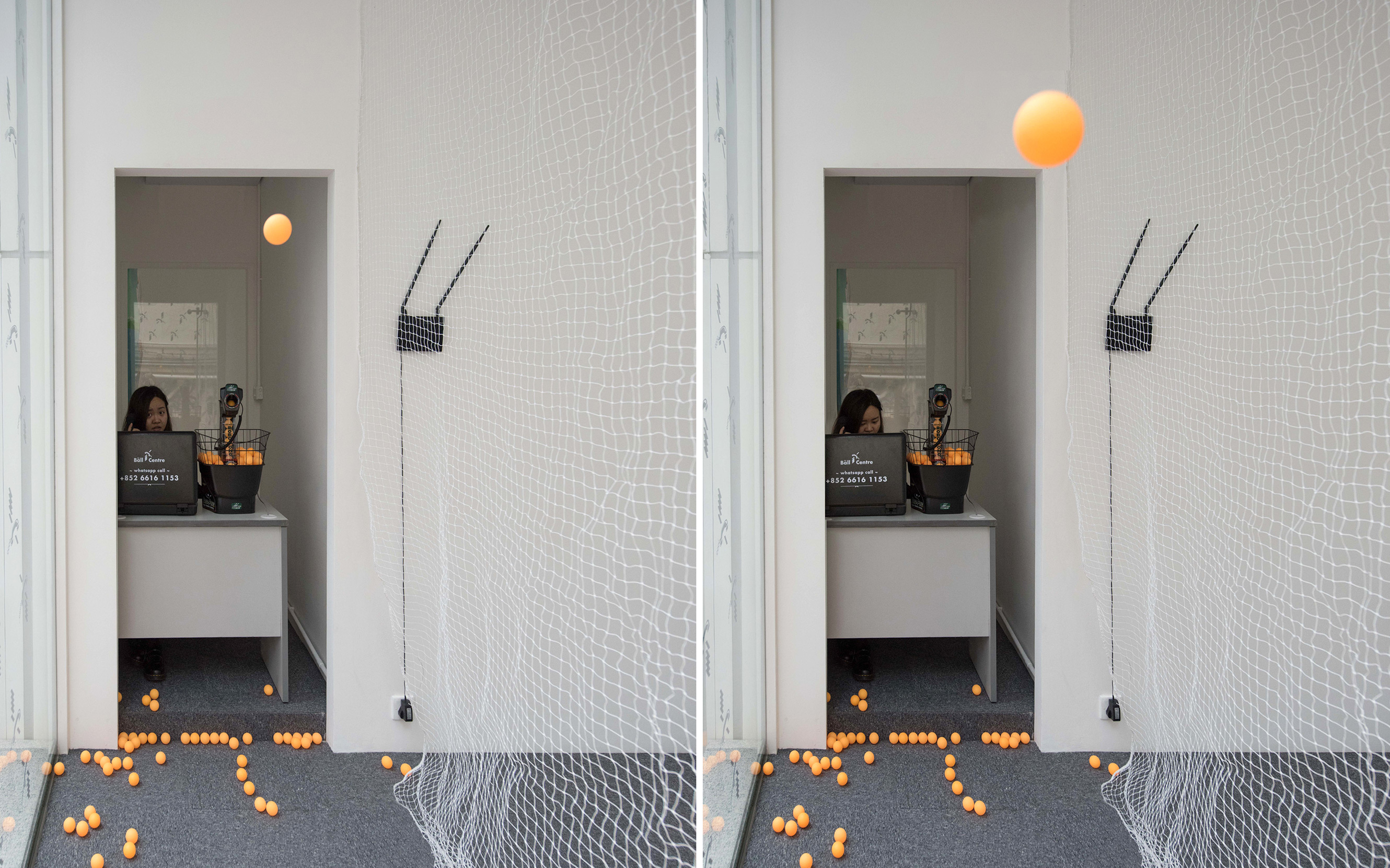
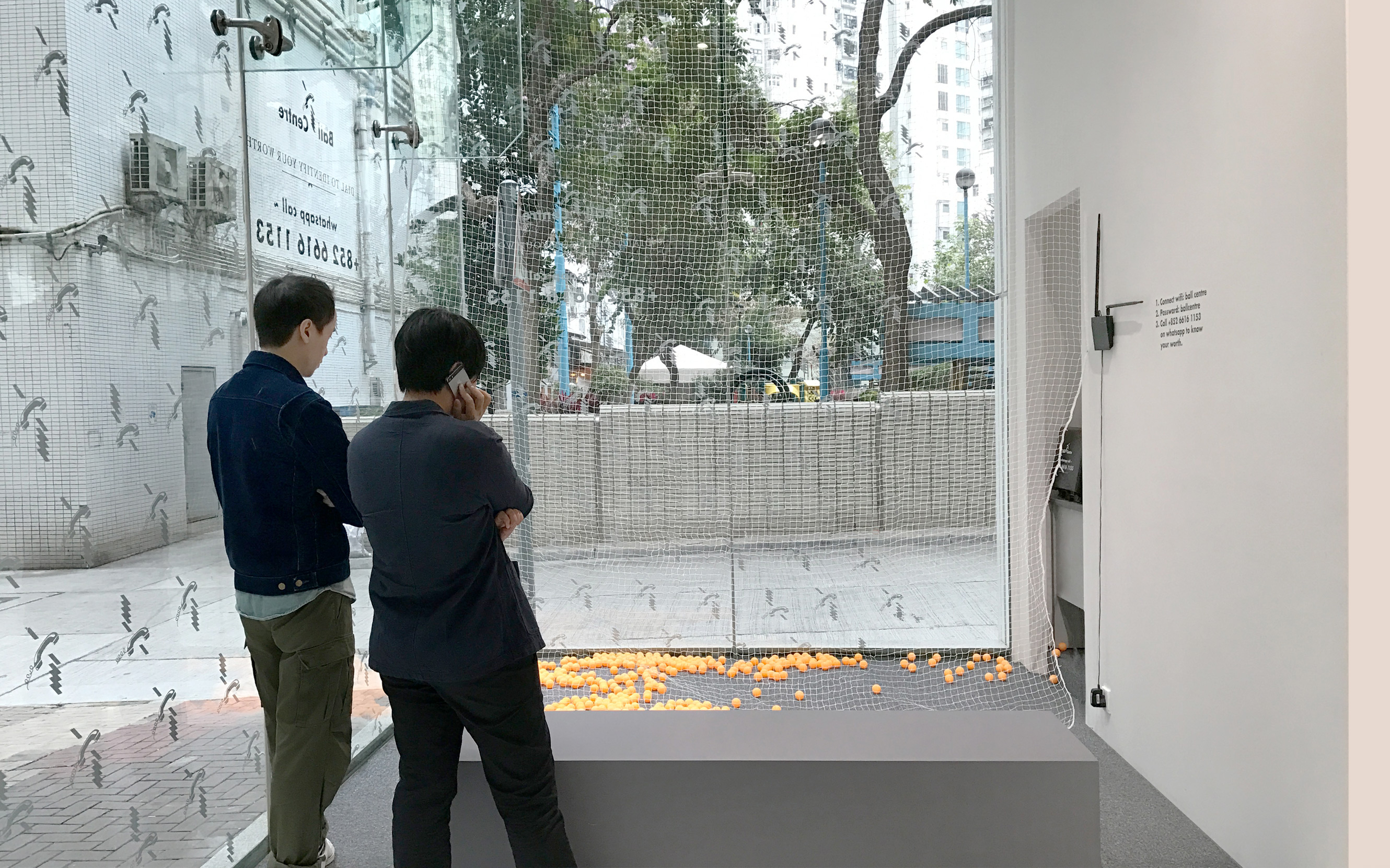
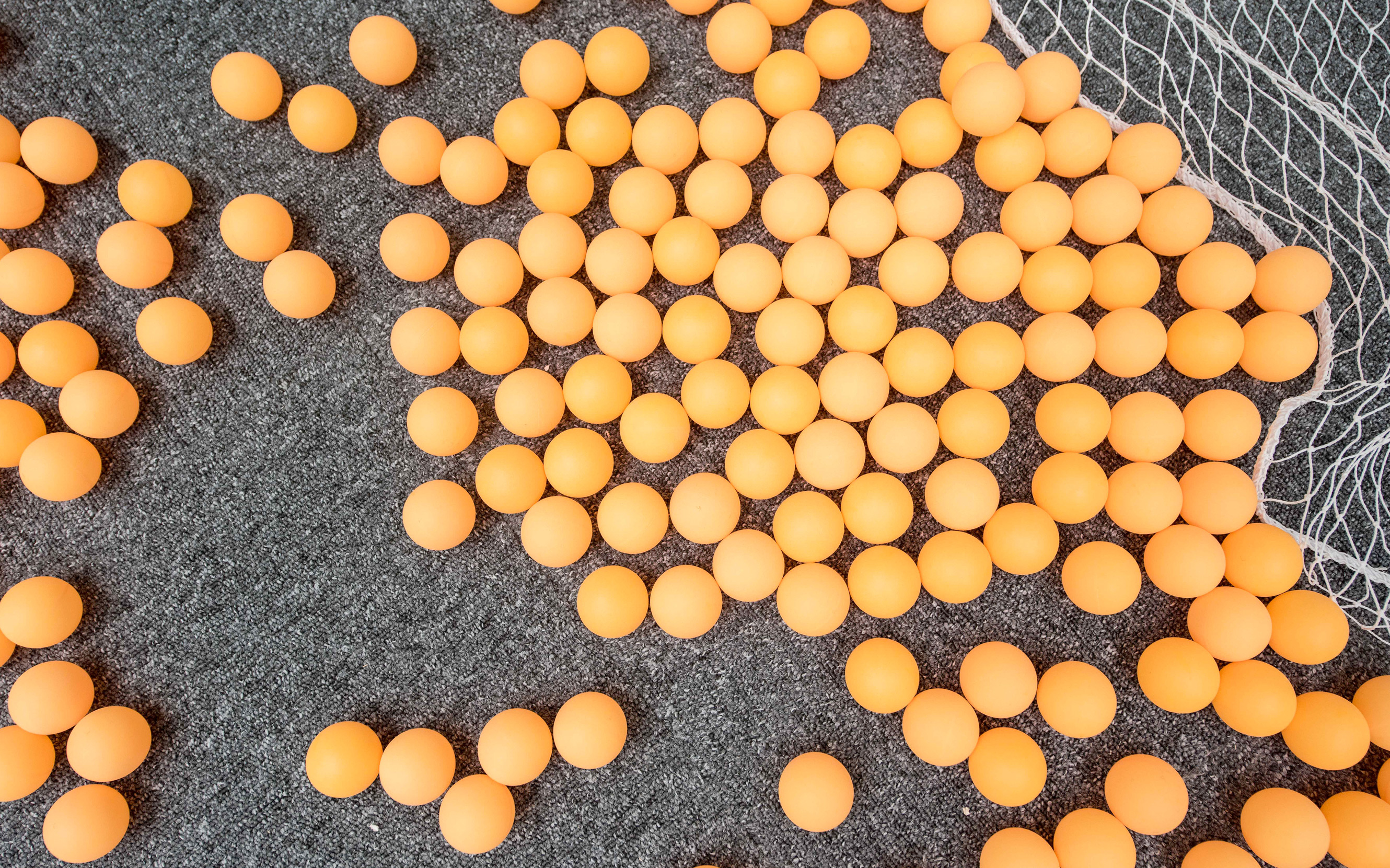
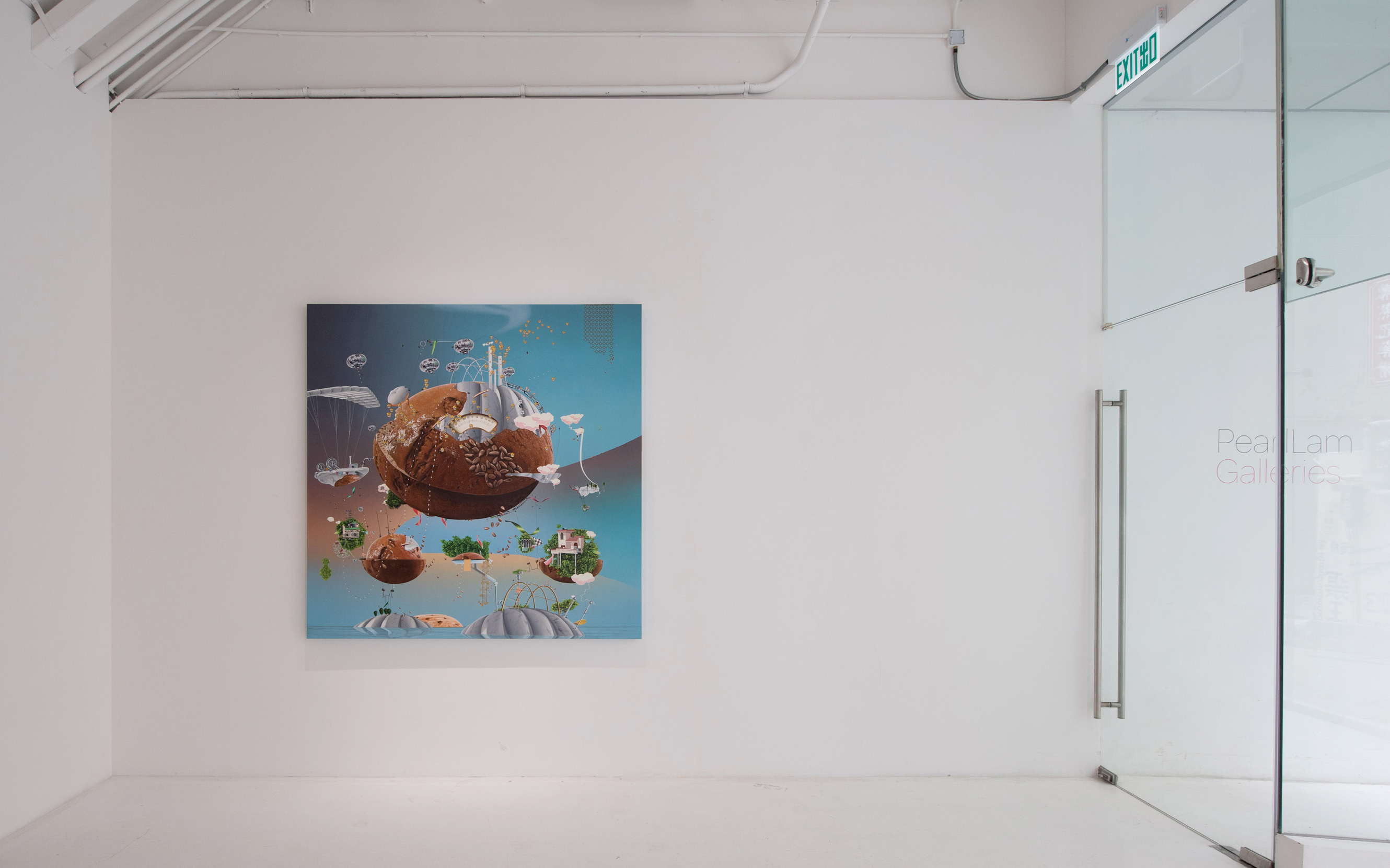
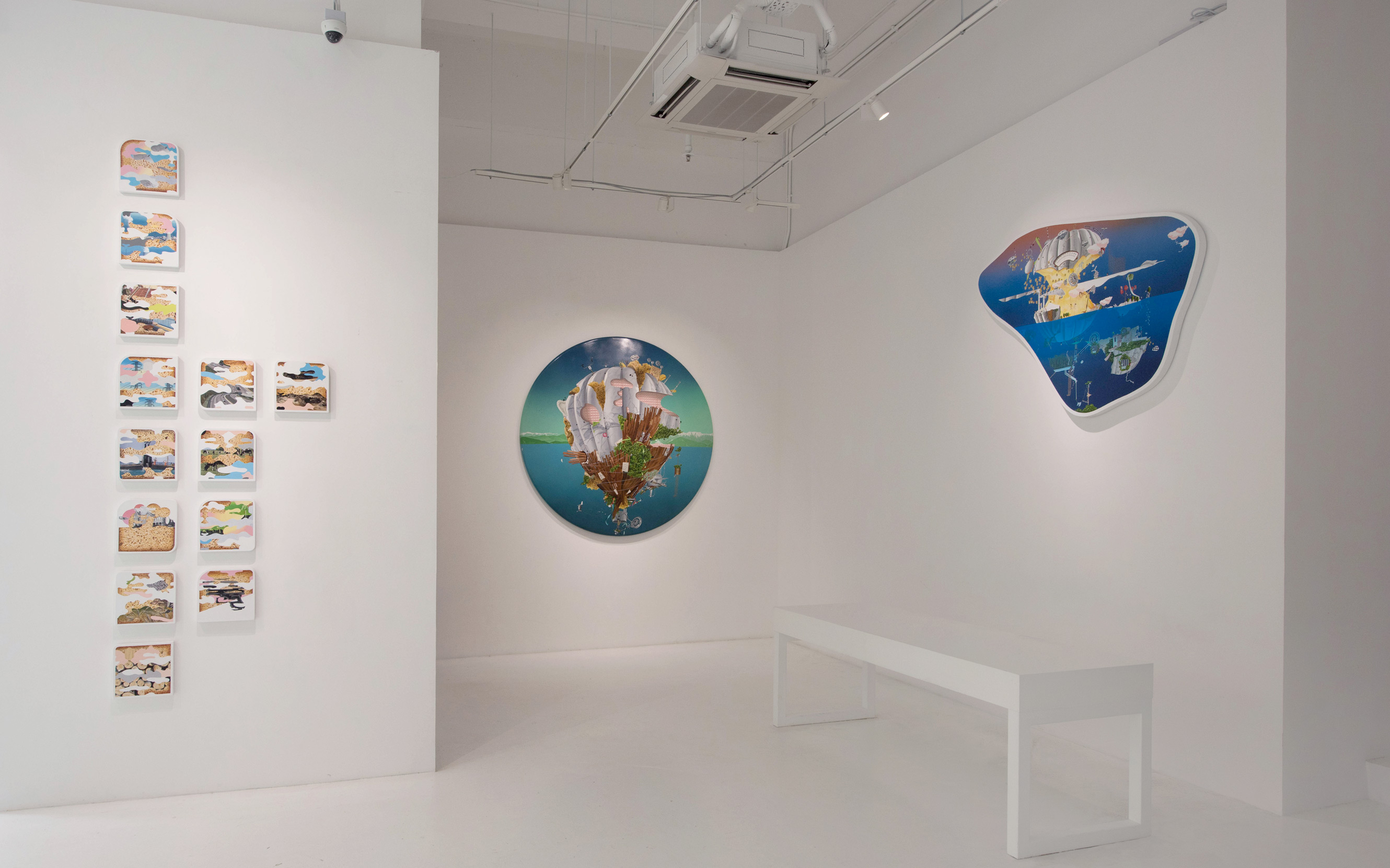
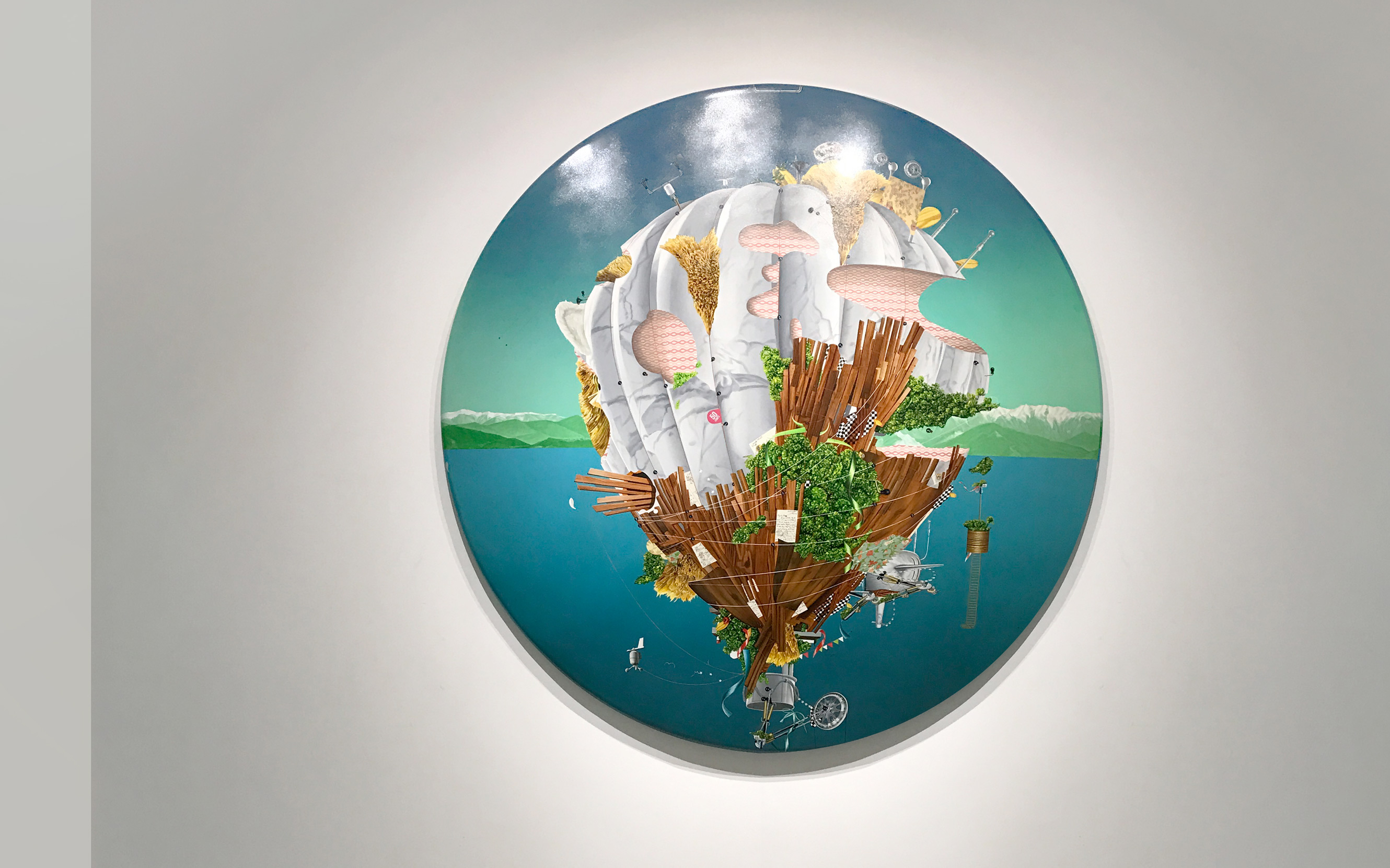
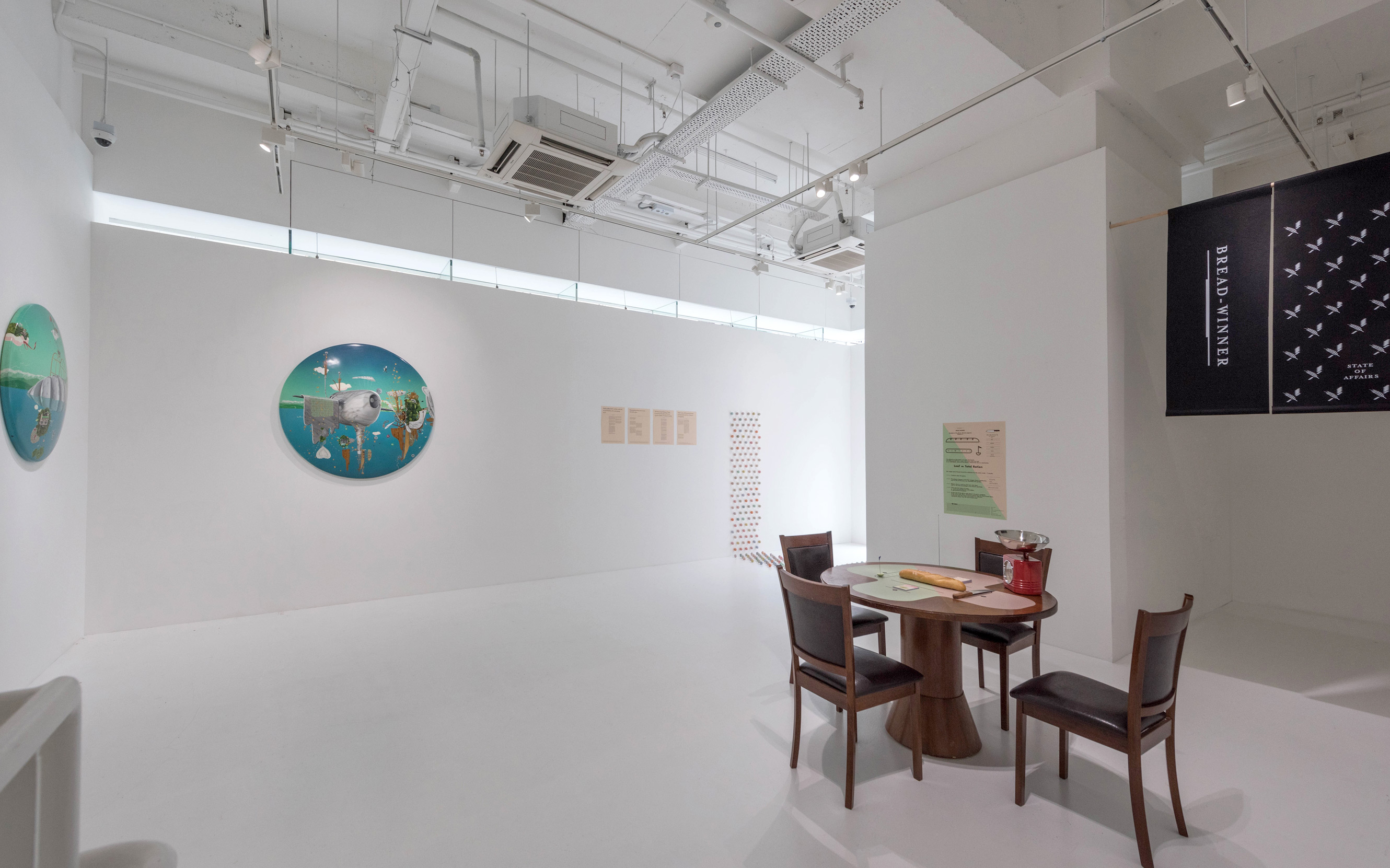
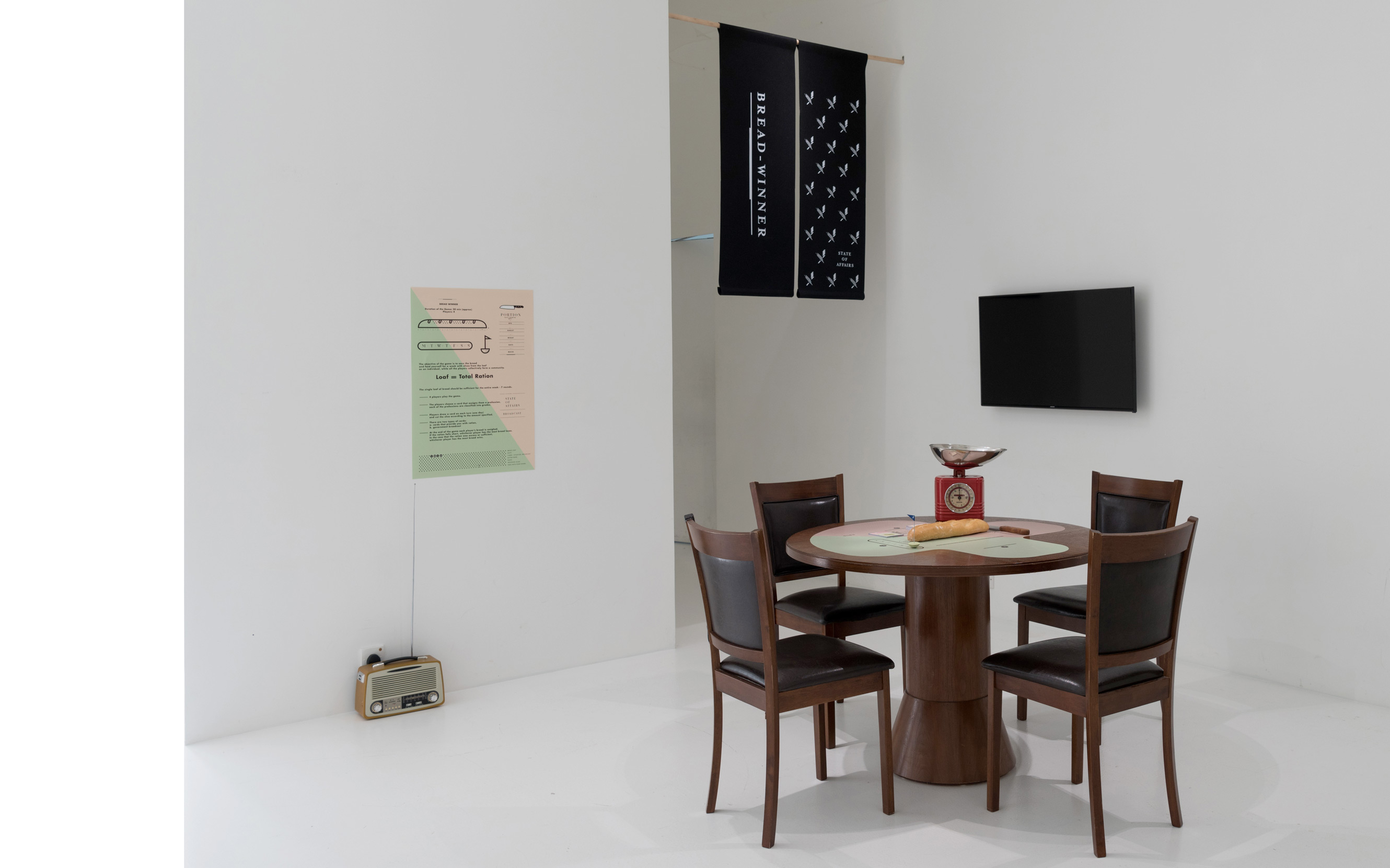
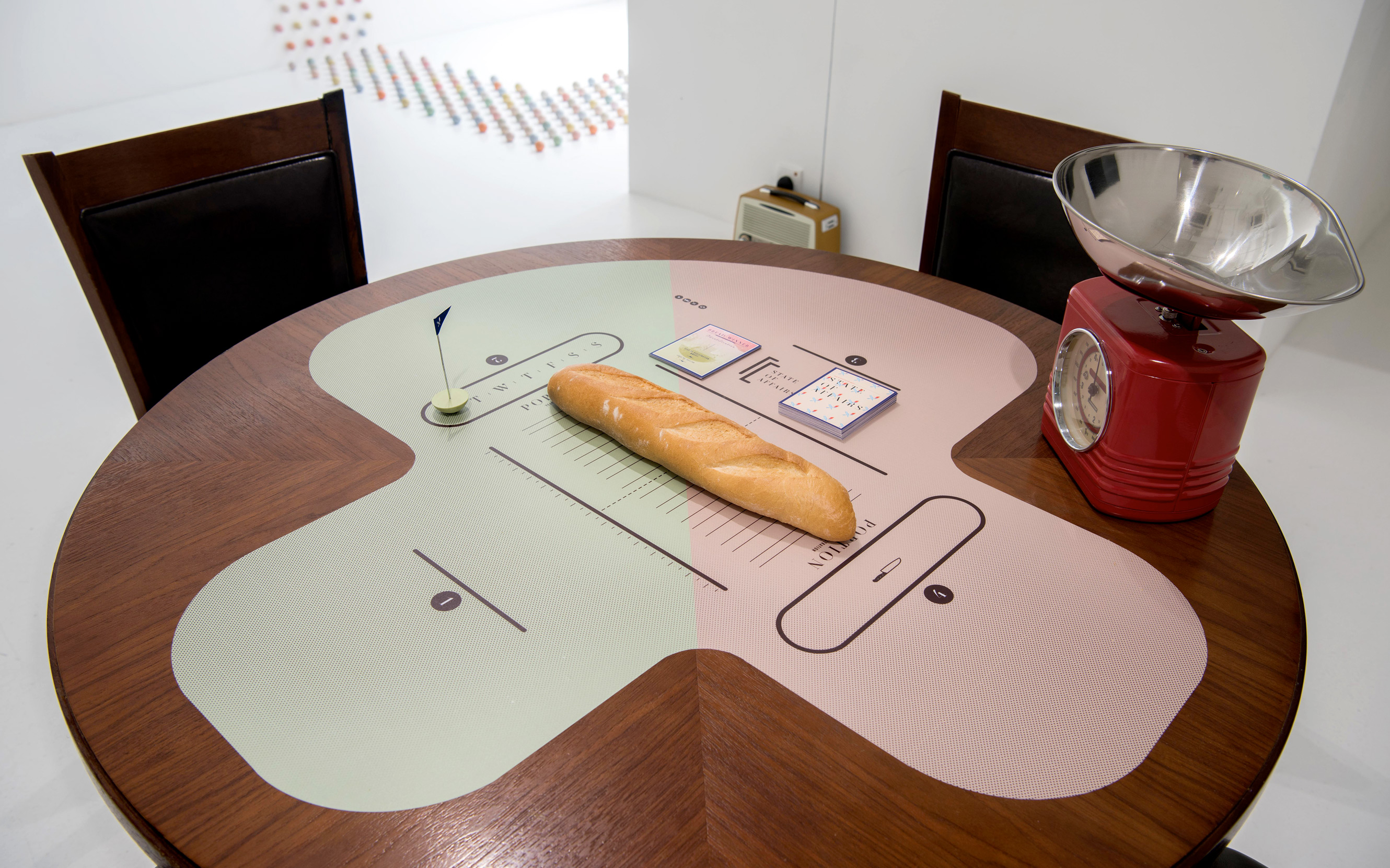
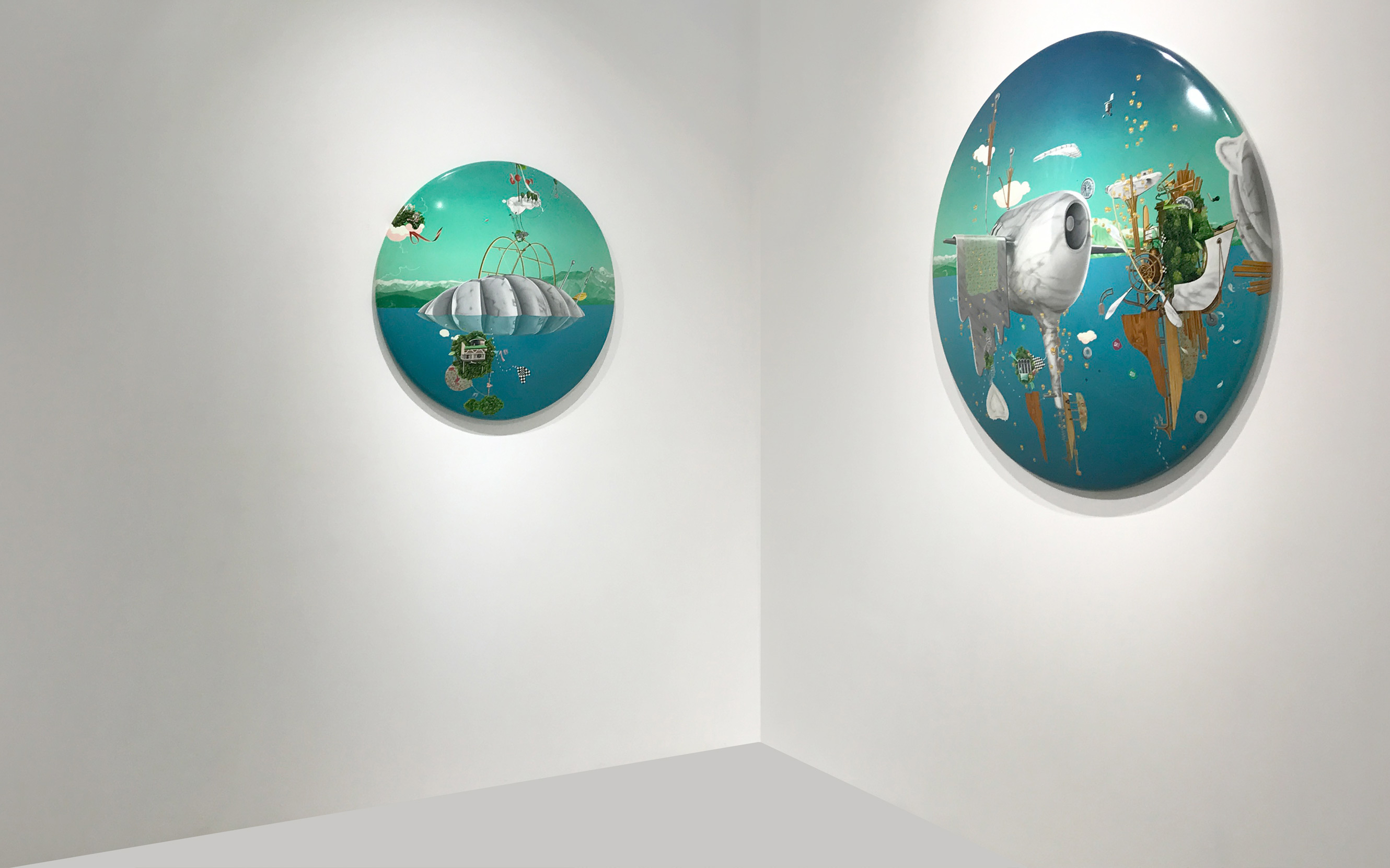
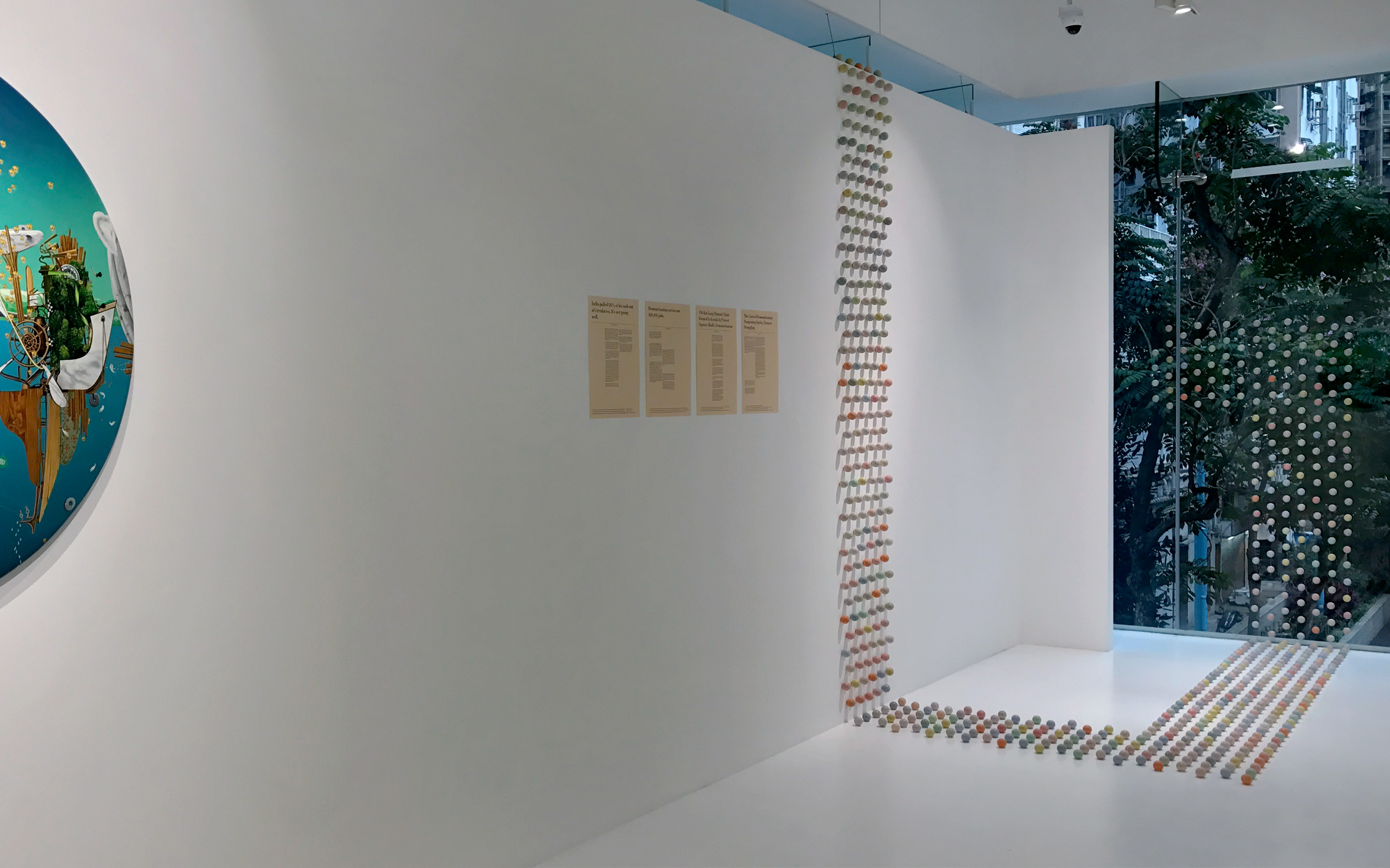
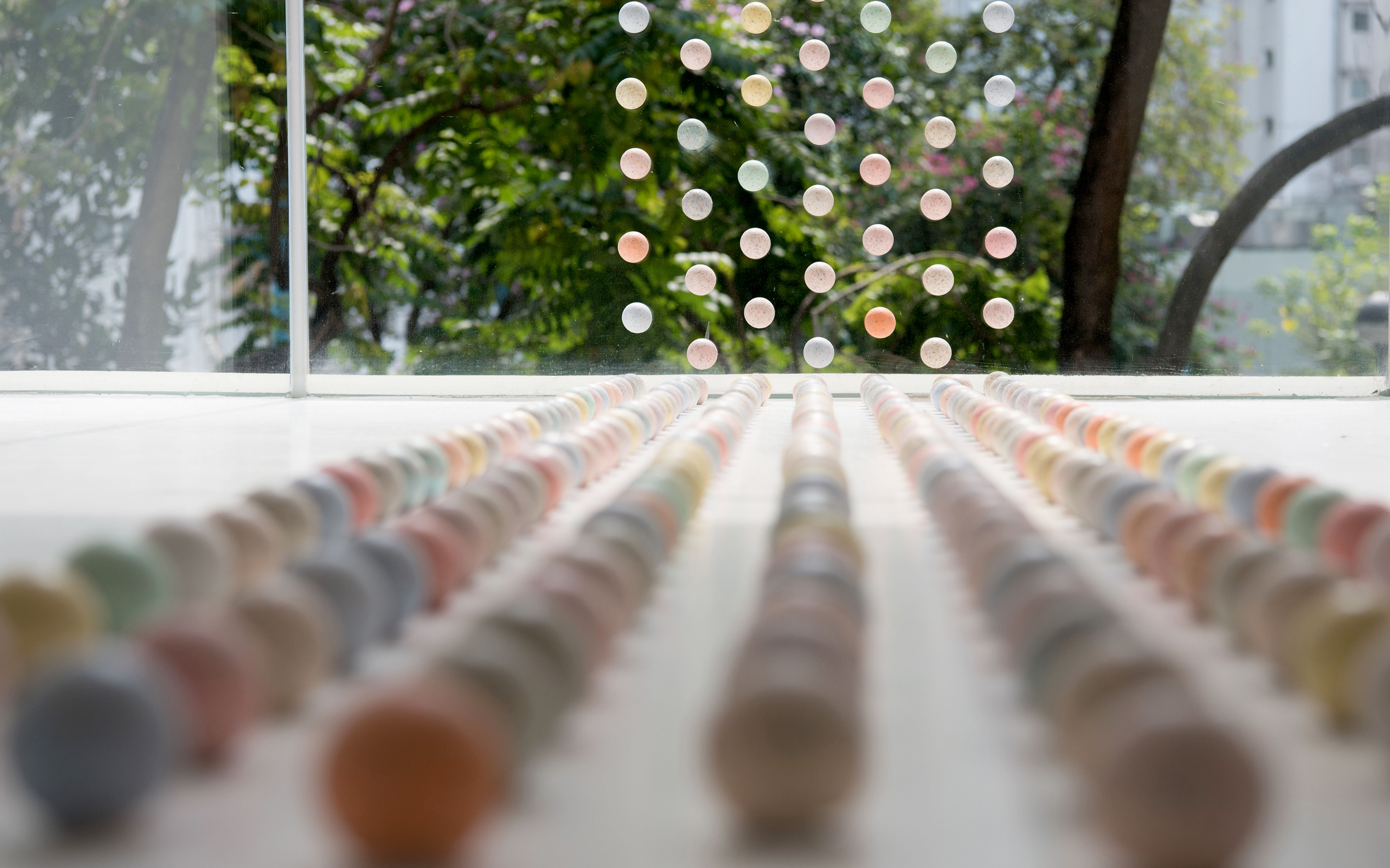
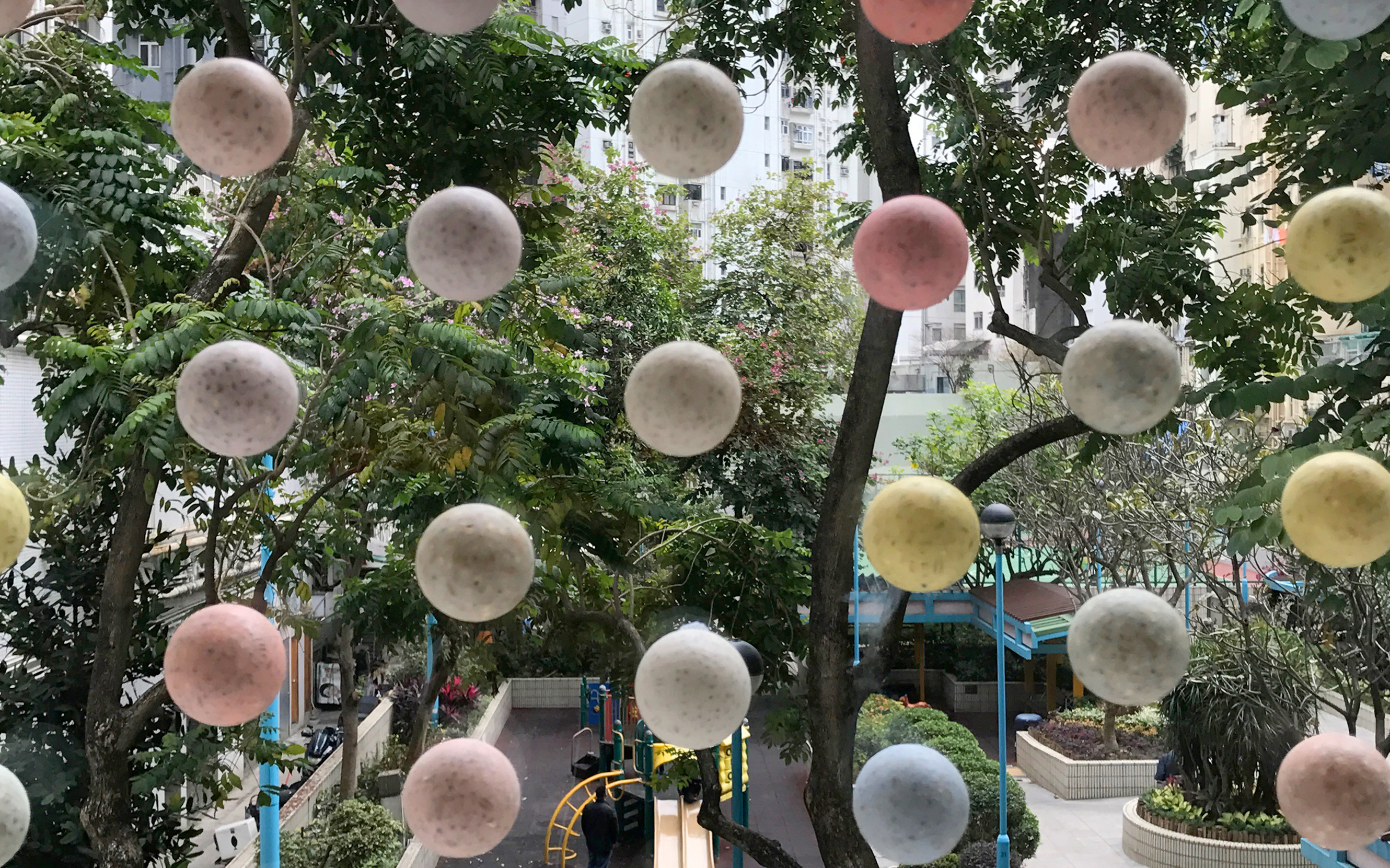
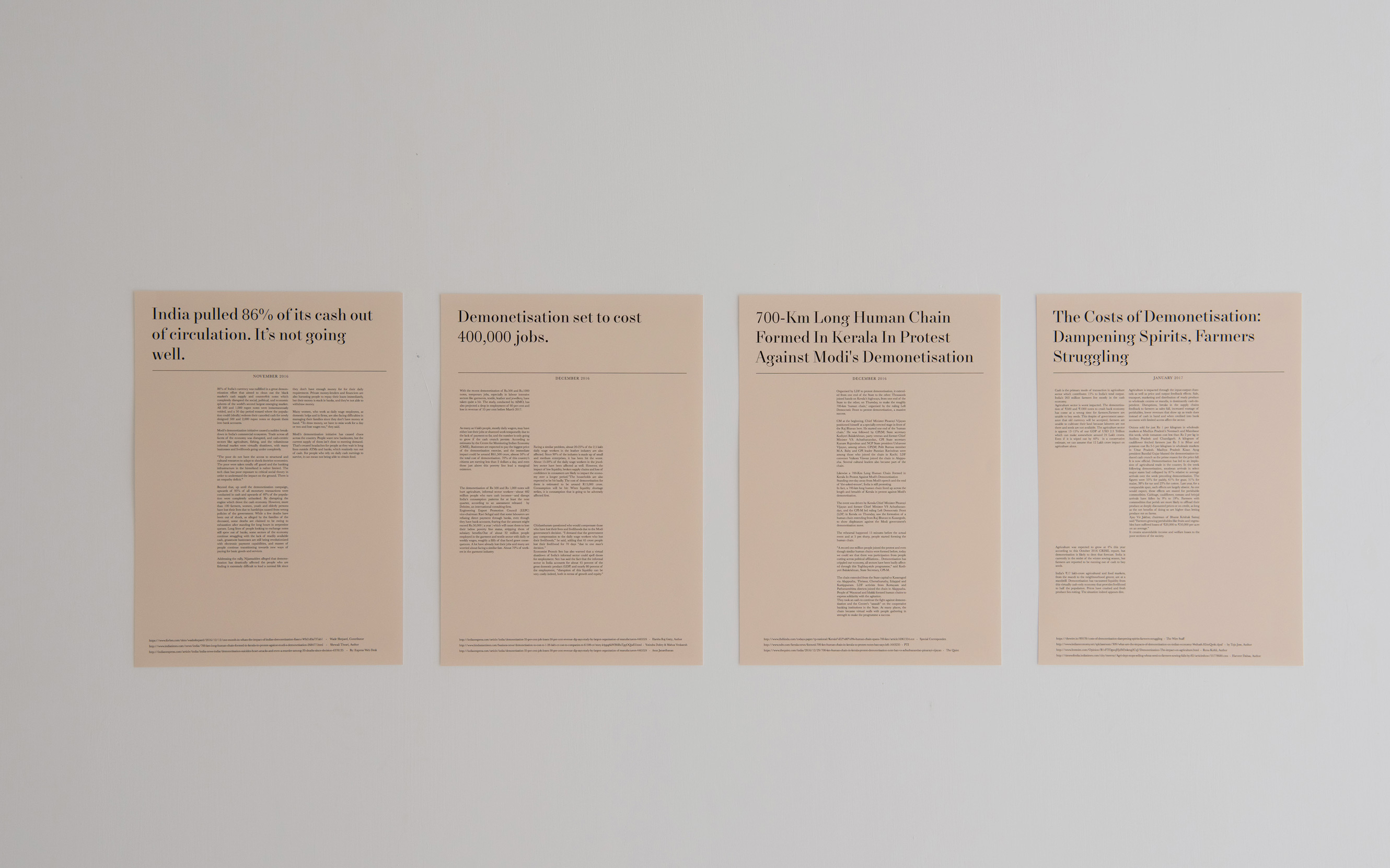
BREAD CIRCUSES AND WIFI | 2017
“Bread and Circuses”, aka “panem et circuses”, refers
to the Roman practice of providing free wheat to Roman citizens as well as spectacular games and other forms
of entertainment as a strategy for sustaining the political power of the empire. Appropriating this logic to critique
the new cultural economy, Thukral & Tagra probe the very authority that curates art in spectacular and repeated regular intervals, reviewing the profundity of the world in a discursive manner.
In this exhibition, Thukral & Tagra present a contradictory situation for us to reflect on politics through spectatorship and to contemplate the issue of survival in a cultural economy that is endowed with symbols, idioms, and ideas. Bread is a form of sustenance and in this context implies that the material culture of art is a way of surviving in the new economy. Circus alludes to the use of entertainment as a delay tactic for dealing with politics or initiating social changes.
The artists claim: “The environment we live in distracts
us by performing routines and we are very engrossed
in these distractions. The more engrossed we get, the less
we care about what the state does in our name.” Applying
this to the art world, the staging of spectacular exhibitions
and events is intended to offer perpetual entertainment
in order to satisfy our curiosity and consumerist desire.
WiFi refers to a closed and ubiquitous network of people
and relationships connected in a dematerialised manner;
it also suggests a hierarchical relationship between content
and object, and it holds the ideas of survival and the circus together. Using satire and self-mockery, Thukral & Tagra question the notion of survival and expose our ignorance
with an authoritarian, knowledge-based economy.
By showing a collection of paintings, performance, objects,
and games as an installation, this exhibition not only
simulates the logic of cultural production, but, more importantly, it engages the public with a performance
to propose new alternatives through a diversion from
the immediate.
Baker’s Dozen showcases a series of paintings simulating slices of bread, each representing a phenomenon or object including luxury, masonry and stone mining, technology, fishing, power, transportation, lumber, and grain. Dominus Aeris is a series of paintings that presents a dystopian vision of a new native land as articulated by someone living in a diaspora. Ball Centre is a real-time performance whereby hundreds of ping-pong balls are fired by a table tennis cannon in a closed interior resembling an Indian call centre. Poking fun at the artists’ identity as a service provider, a performer will be answering phone calls via WiFi from people asking a series of questions related to the issues of hierarchy and power.
As an antidote to Ball Centre, Out of Play is a series
of ball sculptures made with cement and grains that allude
to solidarity. This artwork takes reference from the recent protest against the episode of demonetisation in India and explores how this has affected the livelihood of the subaltern class and their survival. This playful work subverts materiality and raises questions about daily survival in today’s world, which is constantly changing. Bread Winner is an interactive board game with logical rules, which the audience can play. The game encourages people to question the forms of sustenance in their everyday lives and how these things
connect every living thing in the universe.